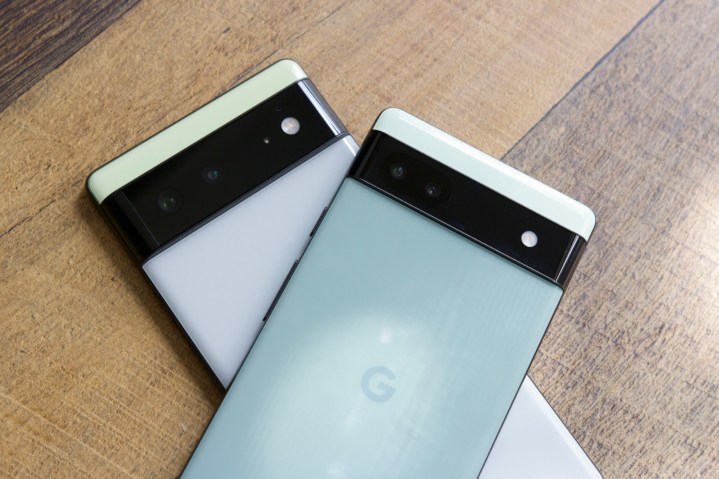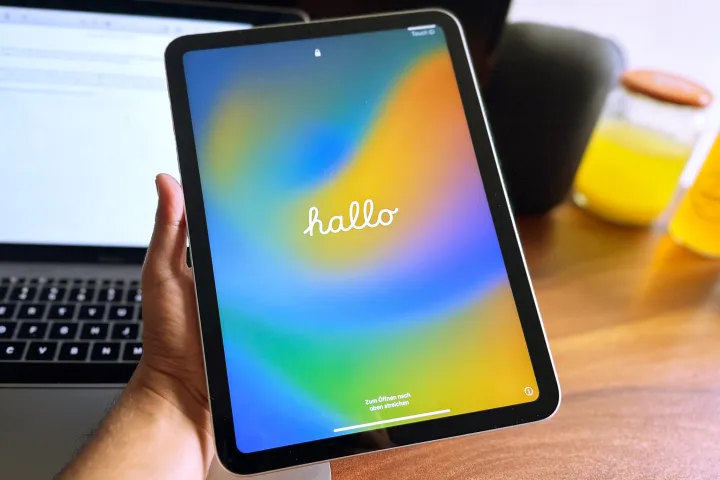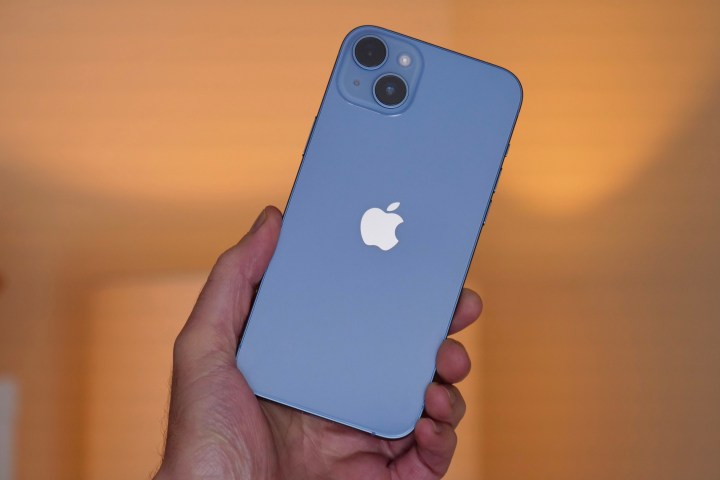Smartphones have never been more expensive. As prices have crept steadily north of $1,000 (with some notable holdouts), the global economy has cratered. You want shiny new tech to replace an old but failing device, but you simply can’t afford it.
The trick is, you don’t have to. Though companies may stop making new stock, there’s value in getting what was once the new thing. That value has been growing over the past few years as the gap between generations thins to the point of non-existence and even regression in some cases. Purchasing older products has now gone from strictly a cost-savings measure to a smart decision if you play your cards right.
The old thing is now the cheap thing

With that said, cost savings remain an excellent motive for buying older products. Take the Google Pixel 6 as an example. If you peek carefully in specialty refurbished shops like Back Market, MusicMagpie, or even the Amazon Renewed store, you’ll find it for cheaper than the Pixel 6a’s asking price. The Pixel 6 may have its problems, but it’s a superior device to the Pixel 6a. The same extends across the board to other mainstream manufacturers.
Apple’s iPhone 12 Pro and 13 Pro may also be found for less than the iPhones 13 and 14. Barring constraints such as weight, color preference, or even aesthetics (which we’ll get into shortly), it’s often a better deal to buy old things. Even excluding the odious faux-generosity of holiday season deals, fishing around year-round can see you save up to $300 for a product that does just as well as the new thing!
The old thing is now the good thing

Once upon a time, old things were bad things. Buy a phone released just a few months back, and you risked hurtling back in time as if hurled by an episode of Doctor Who. Smartphone designs would change rapidly, and progress in screen technology, cameras, batteries, and even software came at the pace of one of those wildly unrealistic car movies about family.
In contrast, modern phones are comparatively very boring. After nearly a decade covering tech, I can probably write news releases for the next major smartphones right now, and only have to tweak minor details. It’s not that manufacturers have gotten so lazy they need an LED-plated kick in the butt; it’s that manufacturers have gotten so good at making these phones we no longer have a reason to even lust after the new one.
My colleague Andy Boxall wrote as much in a warning not to upgrade your phone this year. I’m tweaking it into an adage not to pick up the newest phone if you are. Over the past year, I have used almost every flavor of iPhone released in the past four years, and they’ve all felt remarkably similar.
The phone makers themselves see no issue in its old things. The new iPad is powered by the Apple A14 Bionic processor. That’s the same chip that you’ll find in the 2020 iPhone 12. Apple is saying that its 2020 chips are so good that they count as new in 2022. With the Pixel 6a, Google says the same for the first generation Tensor chip.
The old thing gives you more options

There’s something else that a look through any storefront which offers a mix of device generations reveals: an abundance of choice at a variety of price points. Take something as deceptively simple as color. Let’s say you like the Pixel 6’s Kinda Coral colorway. You’ve finally saved up enough, and you have $600 just burning a hole in your pocket to buy the new phone. There’s just one thing; it doesn’t come in the color you want. You could suck it up and buy the new thing — the Pixel 7 — for $600. Or you could buy the old thing for $500 or less, saving you money and giving you what you wanted. There’s a lot more here than color.
The iPhone 14 Plus provides another ready example. You could buy that shiny new thing for $1,000, or buy the older iPhone 13 Pro Max. Or the 12 Pro Max. Or the 11 Pro Max if you want a medium-sized iPhone with a triple-camera layout. Sure, Apple’s iPhones officially come in three sizes, but there are as many as six if you’re willing to open your mind. Apple itself has discovered many people taking that option.
Do you find the cameras of the iPhone 13 and 14 overprocess your images? The old thing’s still good. Does the new Pixel camera drop one of your favorite lenses? The old thing’s good.
Looking at the market today, you no longer have to buy the new thing to get a superlative tech experience. Especially now, older things have a far more extensive lifespan. Slightly old things will last much, much longer than they use to. Phones purchased over the last year or so running iOS and Android could see support periods of up to the better part of a decade, and hardware increments are so small that you’re almost certainly not missing much.



